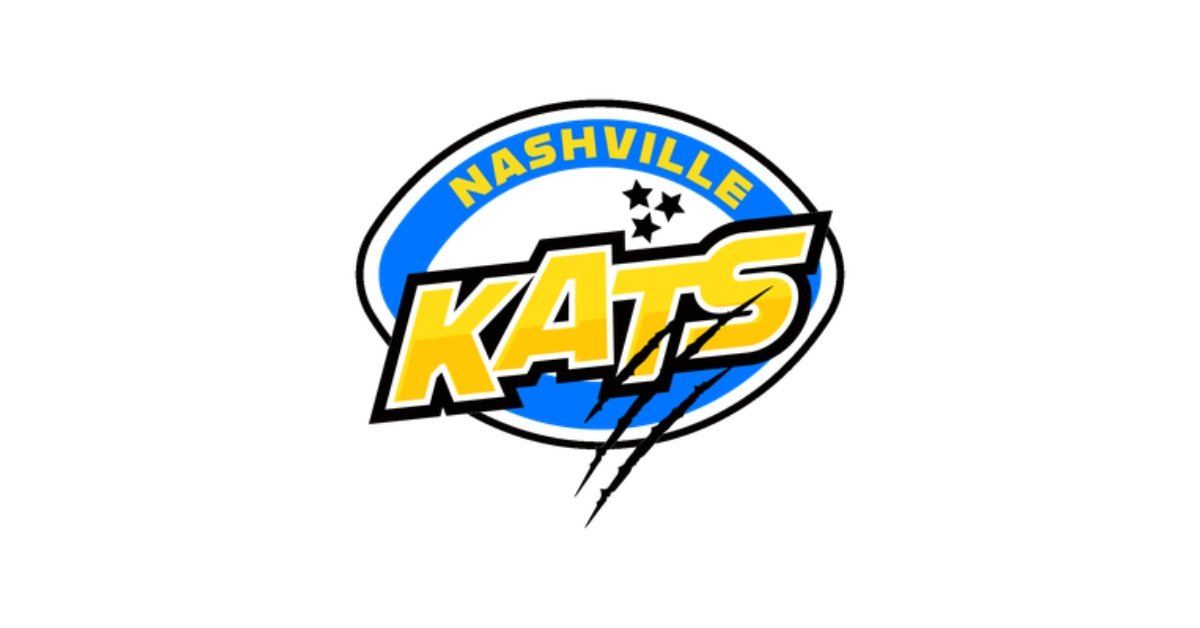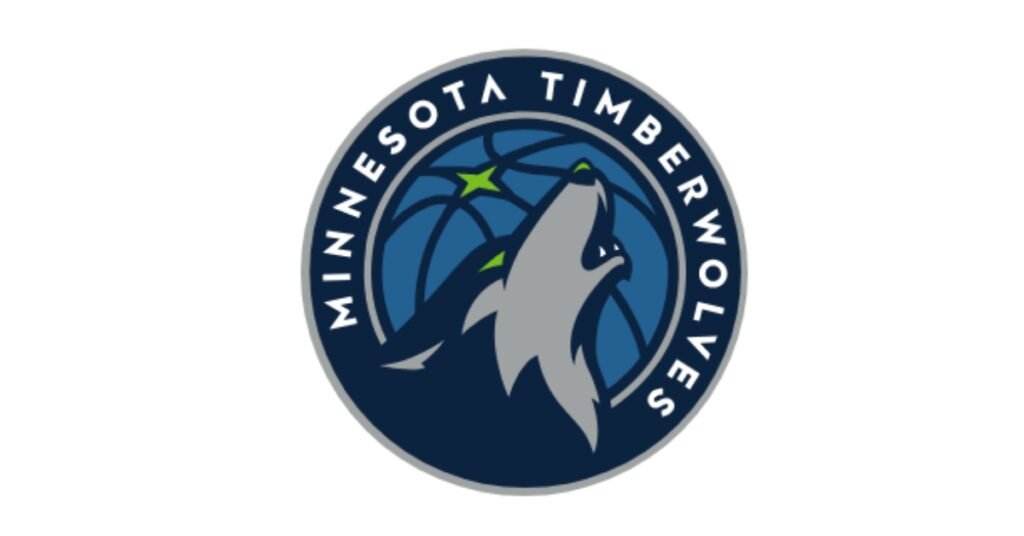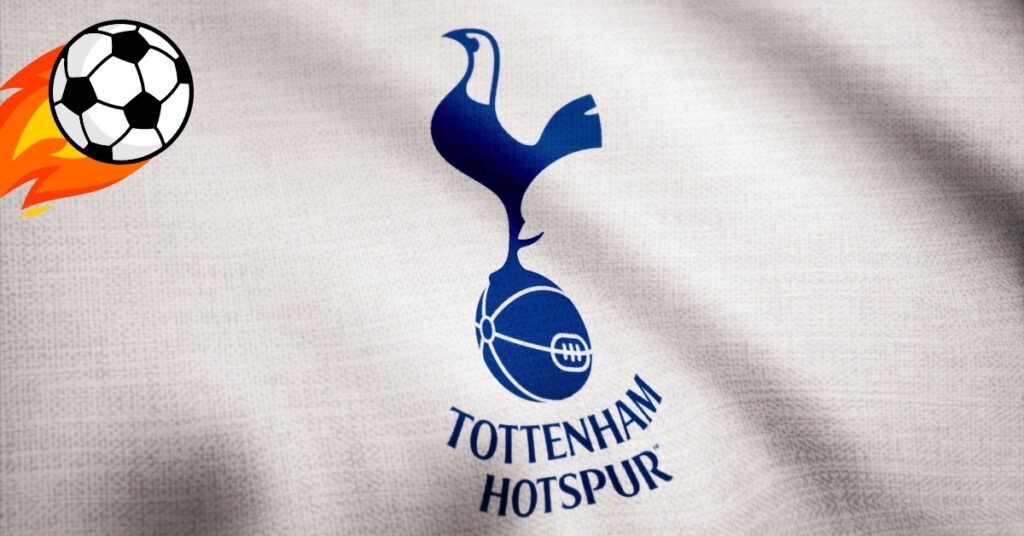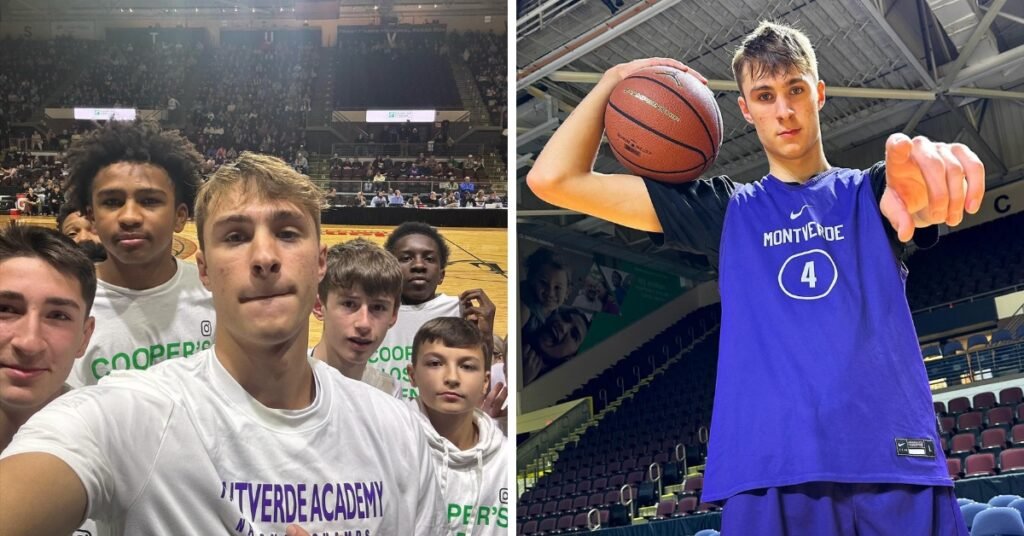Explore 100 facts about the Nashville Kats, from team history to iconic players and memorable moments. Dive into the legacy of this Arena Football League favorite.
Table of Contents
Welcome to our deep dive into the Nashville Kats, one of the most intriguing Arena Football League (AFL) teams.
Whether you are a die-hard fan or new to the league, these 100 facts will give you a comprehensive look into the team, its history, and its impact on the sport.
Facts About the Nashville Kats
We have divided these facts into ten categories for easy navigation.
Let us get started!
Also Read: Stellar Blade: Mastering the ‘Looking At You’ Mission
Team History
- Founding: The Nashville Kats were originally established in 1997, bringing the excitement of arena football to Tennessee.
- First Season: The Kats played their inaugural game in 1997 at the Nashville Arena.
- Original Team Colors: Their initial team colors were blue, silver, and black.
- Relocation: The original team relocated to Atlanta in 2001 but was reborn as a new franchise in 2005.
- Rebirth: The new Nashville Kats team was reintroduced in 2005 with country music star Tim McGraw as a minority owner.
- Logo Design: The team’s logo features a fierce cat, embodying speed and agility.
- Team Mascot: Their mascot, “Kool Kat,” has been a fan favorite since its early days.
- First Coach: Eddie Khayat led the team during its formative years.
- Championship Appearances: The Kats reached the ArenaBowl in 1997 and 2001.
- Disbandment: The team ceased operations again in 2007 but left a lasting legacy in AFL history.
Also Read: Luxury Travel Secrets of Billionaires: Exclusive Insights from Jaclyn Sienna India
Notable Players
- James Baron: A defensive lineman known for his leadership and tenacity on the field.
- Cory Fleming: A wide receiver who set numerous records during his tenure with the Kats.
- Andy Kelly: One of the most prolific quarterbacks in AFL history, known for his time with the Kats.
- Darryl Hammond: Celebrated for his versatility as a wide receiver and a linebacker.
- Bob McMillen: A powerful fullback/linebacker who later became a successful coach in the AFL.
- Mark Ricks: An exceptional defensive specialist known for his interceptions.
- T.T. Toliver: A dynamic receiver who played briefly but brilliantly for the Kats.
- Joe March: Known for his strong defensive play and leadership qualities.
- Pat Sperduto: The Kats’ coach who significantly contributed as a player.
- Frank Carter: A robust lineman who was crucial in both offensive and defensive formations.
Also Read: Bird Flu Detected in Texas: A Human Case Emerges Amid Cattle Outbreak
Record-Breaking Games
- Highest Scoring Game: The Kats scored a record 83 points against the Carolina Cobras in 2000.
- Most Points Allowed: In a tough game, they allowed 82 points against the Orlando Predators.
- Longest Winning Streak: The team had a nine-game winning streak during the 2001 season.
- Most Attendance: Over 13,000 fans attended the 2007 season opener.
- Biggest Comeback: Overcame a 20-point deficit to win against the Arizona Rattlers in 2006.
- First Playoff Win: They achieved their first playoff victory in 1997.
- Longest Field Goal: A 45-yard field goal set a team record in 1999.
- Most Interceptions in a Game: The defense snagged five interceptions in a single game in 2005.
- Perfect Home Record: Went undefeated at home during the 2001 regular season.
- Record Playoff Appearance: Made consecutive playoff appearances from their inaugural season until 2001.
Also Read: Fond Farewell to Hollywood’s Beloved Barbara Rush
Iconic Moments
- First Game Win: Won their first ever game, setting the tone for the franchise.
- ArenaBowl Appearances: Reaching the ArenaBowl twice in their first five years highlighted their competitive spirit.
- Tim McGraw’s Involvement: His association brought significant media attention and fan interest to the team.
- First Shutout Victory: Recorded their first shutout, dominating the Houston ThunderBears.
- Historic Rivalries: Developed fierce rivalries with the Orlando Predators and the Tampa Bay Storm.
- Miracle Plays: Known for last-minute, game-winning touchdowns that thrilled fans.
- Coaching Changes: Shifts in coaching strategies that led to significant turnarounds in team performance.
- Celebrity Attendance: Nashville celebrities frequently attend games, enhancing the team’s profile.
- Community Engagement: Strong community support initiatives that endeared them to local fans.
- Final Season: The emotional farewell game in 2007 marked the end of an era.
Also Read: Fall of Crypto Titan: Sam Bankman-Fried’s Historic Sentence
Fan Base and Support
- Loyal Fans: Known for a passionate and dedicated fan base.
- Fan Clubs: Several fan clubs were established, including the “Kat Klaws” and “Blue Crew.”
- Tailgating Traditions: Pre-game tailgating became a beloved tradition among fans.
- Fan Appreciation Nights: These are held annually to honor and thank the fans for their unwavering support.
- Interactive Fan Zones: Featured at games to enhance the fan experience with games and activities.
- Social Media Engagement: Active engagement with fans through social media platforms.
- Merchandise Sales: High team merchandise sales, including jerseys, hats, and accessories.
- Charitable Work: The team and fans participated in numerous charitable events and fundraisers.
- Season Ticket Holder Benefits: Special perks for season ticket holders, including meet-and-greet sessions with players.
- Fan-Led Events: Fans organized events and watched parties, especially during playoff seasons.
Also Read: Malaysia Declines Commonwealth Games Hosting Opportunity
Coaching Strategies
- Innovative Playcalling: Known for creative and unpredictable playcalling.
- Defensive Focus: Emphasized a strong defensive strategy to counteract the high-scoring nature of arena football.
- Quarterback Development: Focused on developing quarterbacks with quick decision-making skills.
- Special Teams Excellence: Special teams play and strategies are highly important.
- Halftime Adjustments: Notable for making effective adjustments during halftime.
- Recruitment Philosophy: Targeted versatile players who could adapt to the fast-paced nature of arena football.
- Youth Integration: Promoted young talents, giving them significant playing time.
- Conditioning Programs: Implemented rigorous conditioning programs to enhance player stamina and performance.
- Team Building Activities: Engaged in team-building activities to foster unity and camaraderie.
- Legacy Building: Aimed to build a lasting legacy in the AFL through consistent performance and community involvement.
Also Read: The Future of Finance on Social Media: A Battle Among Tech Giants
Community Impact
- Youth Programs: Introduced numerous youth football clinics and camps.
- Charity Partnerships: Partnered with local charities to support a variety of causes.
- Economic Boost: Contributed to the local economy through game-day revenues and merchandise sales.
- Educational Initiatives: Collaborated with schools to promote education and physical fitness.
- Environmental Efforts: Participated in environmental conservation efforts within the community.
- Health Campaigns: Promoted health and wellness campaigns focusing on fitness and nutrition.
- Cultural Events: Took in local cultural events and festivals, promoting team-community integration.
- Support for Local Businesses: Encouraged support for local businesses through partnerships and promotions.
- Emergency Relief: Assisted in local emergency relief efforts during community crises.
- Public Appearances: Players and coaches made regular public appearances to engage with fans and residents.
Also Read: 10 Essential Tips to Boost Your Personal Loan Approval Odds In Indi
Media Coverage
- Local News: Regularly featured in local newspapers and TV news segments.
- Arena Football Broadcasts: Games were broadcast on national sports networks, increasing their visibility.
- Documentaries: Featured in documentaries highlighting the uniqueness of arena football.
- Radio Partnerships: Had partnerships with local radio stations for game day broadcasts and player interviews.
- Press Conferences: Held frequent press conferences to discuss team strategies and updates.
- Magazine Features: Appeared in sports magazines that covered their successes and challenges.
- Social Media Highlights: Utilized social media to post-game highlights and behind-the-scenes content.
- Player Profiles: Media outlets often featured detailed player profiles, exploring their backgrounds and careers.
- Influencer Collaborations: Collaborated with local influencers to boost game day attendance and fan engagement.
- Podcast Appearances: Players and coaches appeared on sports podcasts to discuss team dynamics and league happenings.
Also Read: Bridging the Gap: Hood Code’s Mission to Empower NYC’s Youth Through Coding
Stadium Experience
- Nashville Arena: The home games were played at the Nashville Arena, known for its electrifying atmosphere.
- Fan Zones: Dedicated zones where fans could interact, eat, and participate in activities during game days.
- High-Tech Displays: Equipped with high-tech jumbotrons and sound systems to enhance the viewing experience.
- Safety Measures: Implemented rigorous safety measures to ensure a secure environment for fans.
- Concession Varieties: Offered a wide variety of concessions featuring both local and traditional stadium foods.
- Seating Upgrades: Periodically upgraded seating to enhance comfort and sightlines for fans.
- Accessibility: Focused on accessibility to accommodate all fans, including those with disabilities.
- Memorabilia Stands: Featured stands selling memorabilia and merchandise, which were popular among fans.
- VIP Experiences: Offered VIP packages, including box seats and exclusive access areas.
- Pre-Game Shows: Hosted pre-game shows with live music and entertainment to kick off game days with excitement.
Also Read: Understanding Binary Fission: The Simple Yet Intriguing Process of Asexual Reproduction
Legacy and Influence
- Influence on AFL: Played a crucial role in popularizing arena football in the southern United States.
- Alumni Success: Many former players and coaches achieved significant success in other areas of sports and coaching.
- Cultural Impact: Became a significant part of Nashville’s sports culture, contributing to its identity as a sports city.
- Inspiration for Other Teams: Inspired other cities to establish arena football teams.
- Contribution to AFL’s Growth: Contributed ideas and initiatives that helped shape the AFL’s development.
- Record-Holders: Several team members hold records in various AFL categories.
- Youth Inspiration: Inspired countless young athletes in Nashville and beyond to pursue football careers.
- Sportsmanship and Ethics: Upheld high standards of sportsmanship and ethics, setting an example for the league.
- Fan Loyalty: Built a legacy of fan loyalty that persists even after the team’s disbandment.
- Enduring Legacy: The Nashville Kats remain a beloved part of arena football history, celebrated for their contributions to the sport.
Also Read: Secret to Success at Work: Growth vs. Fixed Mindset
Conclusion
Thank you for joining us on this comprehensive journey through the history and impact of the Nashville Kats.
Whether you are reminiscing about past games or discovering their legacy for the first time, the Nashville Kats have left an indelible mark on arena football.
Also Read: Unlock Your Full Potential at Work: Two Proven Productivity Methods You Must Try Today!






